EU says ready for ‘stupid’ trade war with US
The European Union says it's ready to retaliate against the US over President Donald Trump's proposed tariffs on steel and aluminum — with counter-measures against iconic US products like Harley Davidson motorcycles, Levi's jeans and bourbon.
The EU threat and Trump's insistence that the tariffs will go ahead escalate the risk of a trade war, in which countries try to punish each other by increasing taxes on traded goods. In the end, that tends to hurt all sides as exporting producers suffer but so do consumers who face higher costs, experts say.
There was some hope that free trade proponents in the White House, like economic adviser Gary Cohn, would dissuade Trump from going ahead with the tariffs. But Cohn's resignation Tuesday dealt a blow to that expectation.
EU Trade Commissioner Cecilia Malmstroem said Wednesday that the EU is circulating among member states a list of US goods to target with tariffs so that it can respond as quickly as possible.
The list is being finalized but so far includes US steel and agricultural products, as well as other products like bourbon, peanut butter, cranberries and orange juice.
She did not say what level of tariffs the EU would set, leaving it unclear what the economic impact would be.
"This is basically a stupid process, the fact that we have to do this. But we have to do it," EU Commission President Jean-Claude Juncker had said Friday. "We can also do stupid."
The EU considers itself to be caught in the crossfire of this particular trade dispute, in which Trump has mainly singled out China for being unfair in its commercial deals.
Trump last week said his government would levy penalties of 25 percent on imported steel and 10 percent on aluminum imports, but left it not clear whether trading partners like the EU and Canada would be exempt.
So the EU has moved ahead with preparations for the worst.
Malmstroem said that the EU, the world's biggest trading bloc, rejects Trump's reasoning that the tariffs are backed by the international legal right to protect national security.

"We cannot see how the European Union, friends and allies in NATO, can be a threat to international security in the US," Malmstroem told reporters. "From what we understand, the motivation of the US is an economic safeguard measure in disguise, not a national security measure."
The EU itself already has tariffs on many imports. But Malmstroem said Trump's motives in this case do not appear compatible with World Trade Organization rules and that this means the EU can activate safeguards to protect its own markets.
The WTO said Wednesday that, so far, 18 members — including China, Australia, Brazil, the EU, India, Japan, Norway and Russia — have expressed concerns about Trump's proposed tariffs.
EU Council President Donald Tusk, who chairs summits of presidents and prime ministers, said the bloc's leaders will discuss the issue at their next meeting on March 22-23.
He rejected Trump's assertion in a tweet that trade wars are good and easy to win. "The truth is quite the opposite: trade wars are bad and easy to lose," said Tusk.
Malmstroem urged Washington to work with the Europeans to address the root causes of oversupply in the global market.
She recalled that similar US action on steel in 2002 by then president George W. Bush "cost thousands and thousands of US jobs" and said she hoped that Washington has not forgotten this.
At that time, the EU compiled a list of items for retaliatory tariffs that included steel products, but also orange juice, apples, sunglasses, knitwear, motor boats and photocopying machines. It represented $2.2 billion in US exports to the EU. Bush withdrew the steel tariffs and the list was never acted upon.
(Source: AP)
The engineering feat behind Iran’s record gas output
VIDEO | Press TV's news headlines
Freedom of speech, right to protest under assault in UK
Border guards seize cache of weapons, ammunition near Iran-Afghanistan border
Grok to power classified programs as Musk's xAI secures deal with Pentagon
Iraqi FM tells US envoy: Government formation ‘internal matter’
Israel killed Gaza aid workers in ‘execution style’ massacre in 2025: Report
Participation shrinks at Israeli arms expo in wake of Gaza genocide: Report


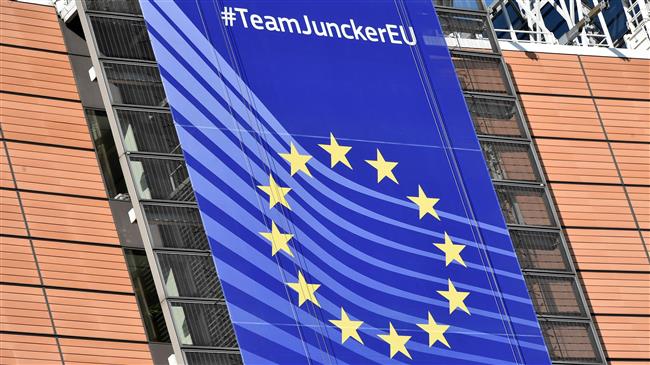
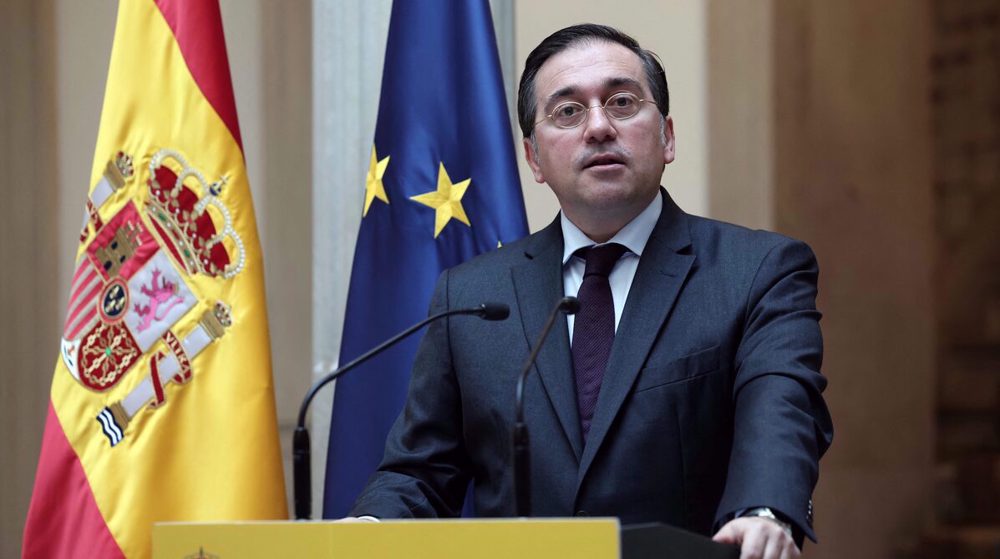

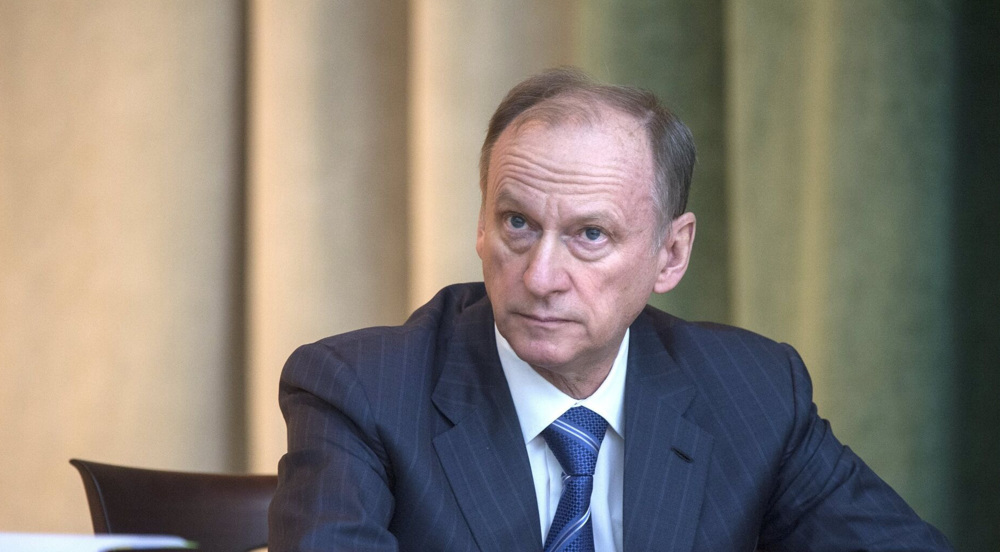



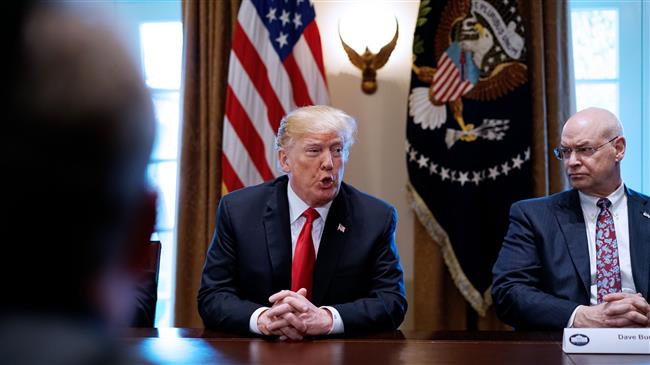
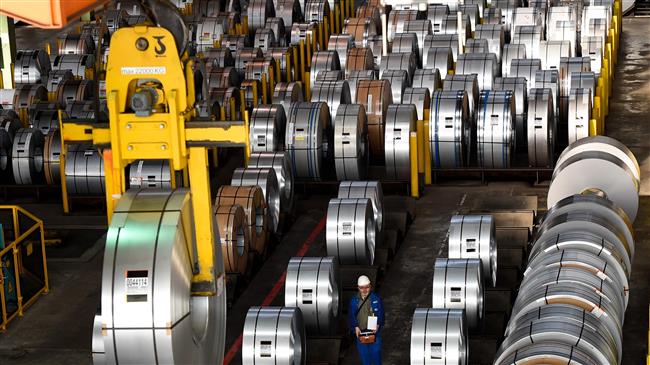
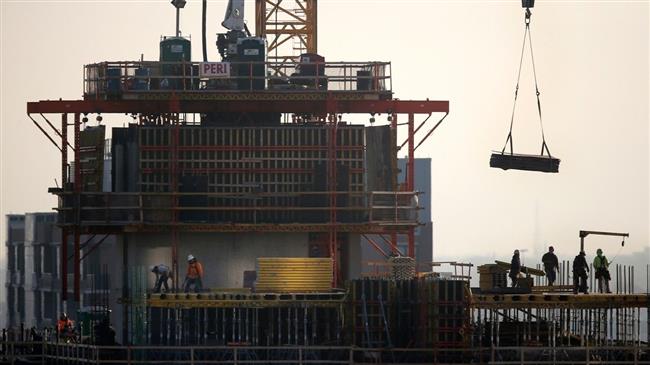
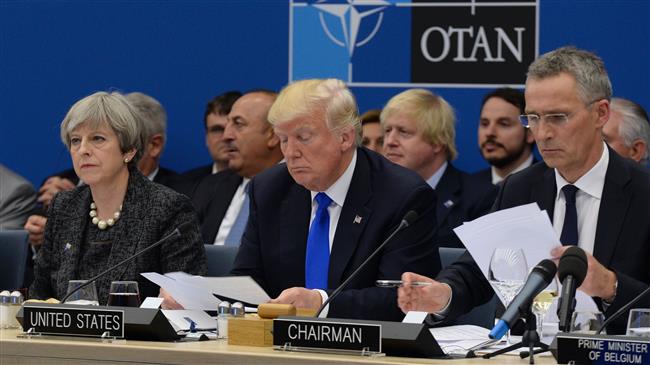

 This makes it easy to access the Press TV website
This makes it easy to access the Press TV website